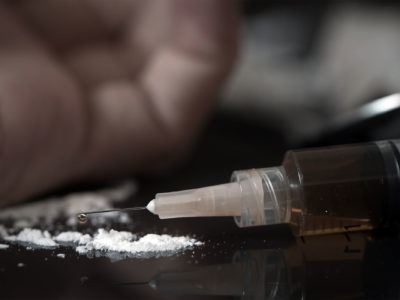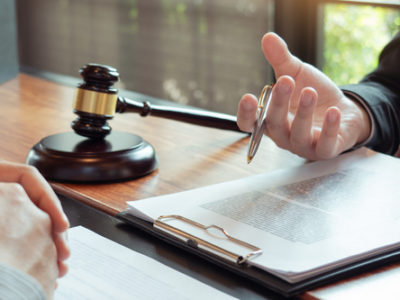
What are the Charges for Disorderly Conduct in Pennsylvania?
Disorderly conduct is a fairly common charge, but there are some grey areas due to its board legal definition. Maybe you got a little too rowdy at a sporting event, had too much to drink while out with friends, or got too heated in a disagreement; did you cross the line? We are here to help you better understand what behavior or actions constitute disorderly conduct, the consequences involved, and what you need to do immediately if you’ve been charged.
What is Disorderly Conduct?
There are many situations that fall under the umbrella of disorderly conduct in Pennsylvania. In order for a charge to be withheld, the prosecution must prove that you engaged in one of the following actions:
- Threatening or aggressively/violently engaging with another person
- Violating noise regulations
- Using obscene language and/or gestures
- Loitering
- Engaging in public drunkenness or “violent or tumultuous behavior”
- Caused a dangerous or “physically offensive” condition without “legitimate” purpose
In order for one to be convicted for disorderly conduct regarding one of these actions, the intent to cause a public disturbance must be proven. The accused must have been actively ignoring the fact that they were irritating the public, or deliberately attempting to disturb the peace. Additionally, many disorderly conduct charges can escalate to or be paired with separate charges related to rioting, failing to disperse, or public intoxication.
However, there are many actions that fall into a grey area regarding disorderly conduct. Examples of incidents that are not acts of disorderly conduct include but are not limited to…
- Engaging in self-defense
- Making non-disruptive disagreeable statements
- Partaking in an incident that did not happen in public, such as verbal fights in one’s home
Consequences of Disorderly Conduct
In Pennsylvania, common penalties for disorderly conduct include fines and jail time. For a minor offense, fines can be up to $300 with a maximum of 90 days spent in jail, or the individual may simply receive a citation. However, if the disorderly act was particularly violent or caused substantial harm to the public, fines can reach a maximum of $2,500, coupled with up to one year in jail.
If You’ve Been Charged with Disorderly Conduct
Despite the numerous behaviors and actions that can lead to a disorderly conduct conviction, there are many defense strategies that can be taken to avoid harsher penalties because of the grey areas of these charges. But it is important that you act immediately before a warrant for your arrest is issued.
It is imperative to understand what your next steps should be if you are accused of disorderly conduct by speaking to an experienced lawyer. Our team of top disorderly conduct attorneys in Philadelphia can help you better understand your situation. Contact us today.




